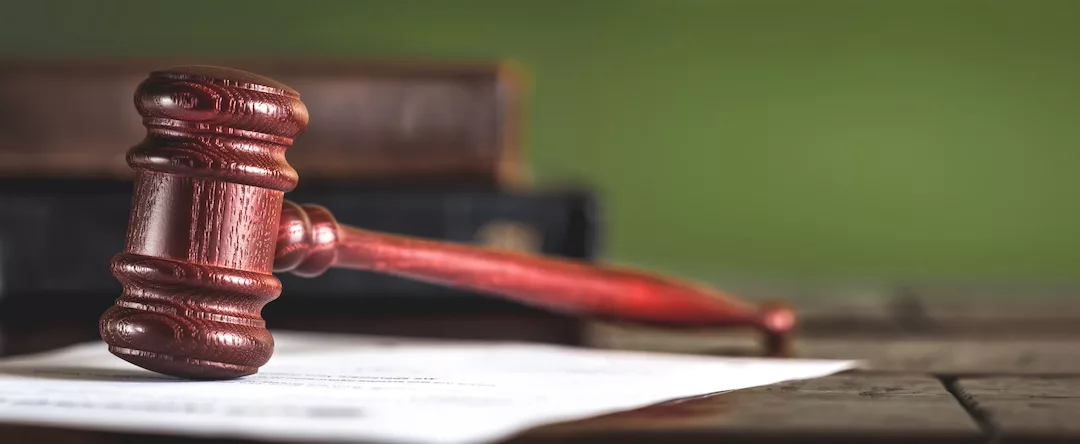Facts
In 2021, Michael Kufrin was convicted of having murdered his girlfriend Peggy in 1988. The facts leading to the eventual discovery of Peggy’s murder, Kufrin’s conviction, and the current appeal of that conviction are as follows: In 1988, Peggy was last seen leaving a weekend party with Kufrin. Shortly thereafter police began investigating Peggy’s disappearance; they quickly discovered that Kufrin had given inconsistent explanations to different people concerning Peggy’s whereabouts, and checks that were made out to Kufrin had drained Peggy’s bank account soon after her disappearance. Police obtained a search warrant for Kufrin’s residence and searched his house and a root cellar on the property but found nothing. Kufrin moved out of the residence in late 1988, and no further investigation was conducted.
In 2017, a new tenant of the same property decided to dig up the root cellar after observing “a definite depression” in the dirt floor, leading to the discovery of a blanket and what looked like a skull. Police were later able to identify the full remains as Peggy’s using dental records and by verifying that the blanket had been made for Peggy by her mother. Kufrin was eventually arrested, charged, and convicted at trial for Peggy’s murder.
Issues and Reasoning
Kufrin appealed his conviction, raising three issues for consideration. The first issue pertained to the trial court’s refusal to grant a mistrial after a detective’s testimony had referenced Kufrin’s “previous cellmates,” potentially prejudicing the jury with knowledge of Kufrin’s criminal history. The Court of Appeals referenced State v. Butterfield, a similar Utah appellate decision which had stated, “a mistrial is not required where an improper statement is not intentionally elicited, is made in passing, and is relatively innocuous in light of all the testimony presented.” The Court reasoned here that the detective’s mentioning of Kufrin’s “previous cellmates” had been made innocuously, and in passing as it came on the seventh day of a thirteen day trial and was not brought up at any other time in the trial. Additionally, “previous cellmates” could be interpreted by reasonable jurors to merely reference Kufrin’s cellmates while awaiting trial in this case, rather than an unrelated criminal event.
The second issue raised by Kufrin objected to the trial court’s allowance of expert testimony regarding the possible timeline of body decomposition and “scalp slippage.” When Peggy’s remains were uncovered in 2017 no hair was discovered, leading investigators to believe that the remains had originally been buried elsewhere and then reburied in the root cellar after hair had fallen off. The prosecution relied on an expert witness to testify that “scalp slippage” and the subsequent loss of hair could have begun as soon as two weeks after death. This would establish that it would have been possible for Kufrin to rebury the remains without hair during 1988, before Kufrin had moved away from the property later that year. The Court rejected Kufrin’s argument that the expert’s timeline testimony was inadmissible by not being based on sufficient, reliable facts and data. The Court reasoned that the expert had testified to their experience in over 5,000 postmortem exams, witnessing the beginning of the body decomposition process as soon as two weeks after death. The Court stated that the weight of this evidence had also been thoroughly examined at trial, and the jury was free to make their own determination concerning the reliability of such evidence.
The final issue raised by Kufrin asserted that his trial attorneys had provided ineffective assistance by failing to object to testimony regarding the perceptions Peggy’s friends and coworkers had of her relationship with Kufrin. The Court referenced Strickland v. Washington which holds that an ineffective assistance of counsel claim must show that “counsel’s performance was deficient” and that this deficient performance “deprived the defendant of a fair trial.” The Court reasoned that Kufrin’s claim did not meet the deficient performance prong of the Strickland holding, as Utah appellate courts have recognized that a showing of deficient performance is not satisfied when merely failing to lodge an objection would not have changed the case’s outcome. Kufrin’s trial attorneys could have reasonably determined that such an objection would have lacked any strategic value in this case and been unnecessary. The Court reasoned further that the evidence provided by Peggy’s friends and coworkers had in fact been relevant to the case as it could establish the possible state of Peggy and Kufrin’s relationship.
The Court of Appeals, having rejected each of the three issues raised by Kufrin, affirmed the conviction reached by the jury at trial.
